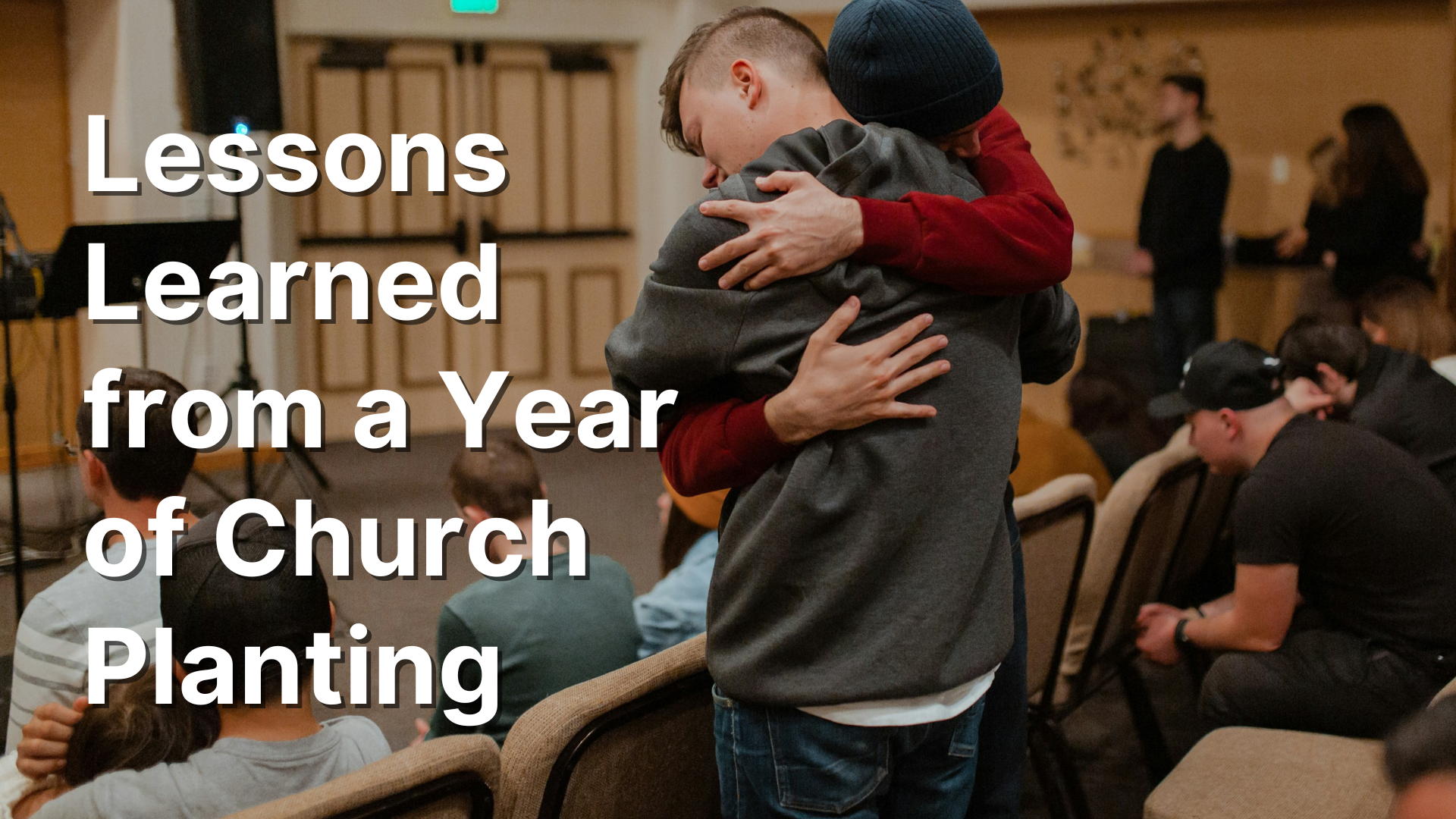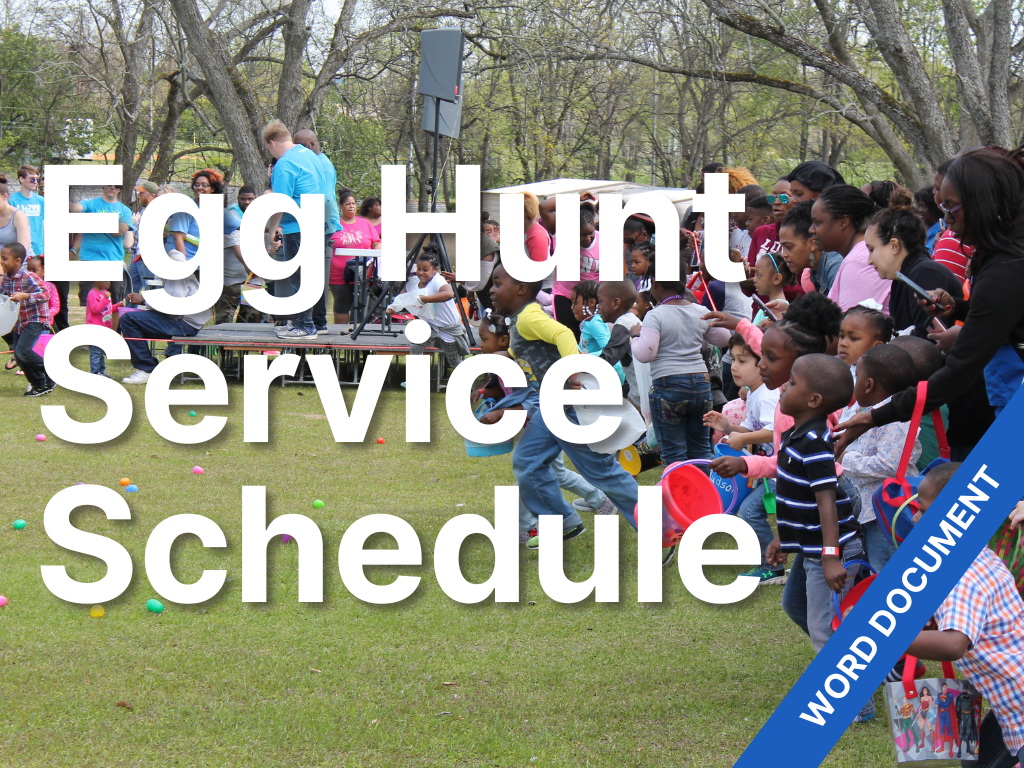4 Steps to Overcome Ministry Disasters
On Sunday, disaster struck my church. We had a huge storm blow through, and the power was out for several miles around the church. The power company said the power would be on at 10:45, 15 minutes after our start time. Then it was 11:45. Then 4pm. I got the news as I pulled into the parking lot at 9:30am.
Disaster may be a strong word, but Murphy's law is always true. Whatever can go wrong, will.
the projector breaks
there's a COVID outbreak
the power goes out
the weather shuts down service
someone on staff passes away.
(All of these have happened to me. Some more than once.)
So, what are you to do? What can you do? Walking through crises like these are stressful and you can’t plan for every contingency. So, if you find yourself in a place like I was you can do these 4 things to turn your failure into success.
1. You set the tone (don’t panic)
When bad things happen it’s easy to give way to the stress and anxiety. Or worse turn cynical and complain to everyone and anyone who will listen. As the leader you set the tone for the room. So, push those feelings aside and stay calm and positive. You can gripe and complain later. Right now, you need to solve the problem. Everyone will be looking to you as the leader for their cues on how to respond. If you act with confidence, clarity, and positivity, the people will follow suit.
However, if you panic, freeze, or collapse into a puddle, the people will be lost. They’ll either follow your example or follow another leader in a direction you never wanted to go.
One time, I invited a bunch of parents including guests to come to kids service. It was the Sunday after VBS, so there was a lot riding on this service. Somehow, our presentation computer crashed in the middle of the first worship song. We lost everything. The worship songs, sermon illustrations, rules, games, music, all of it. I quickly ran to the back and realized just how bad things were. At first, I was angry. The computer was old, and I was denied a request for a new one. Then I panicked, wondering what to do next. Then I took a breath, said OK, and started working on a plan. All of this happened in less than 10 seconds.
When you get the bad news, take a second to process, put on a brave face and move to step 2. The good thing is that no service matters and every service matters.
2. Gather your team to find solutions
I had to take the picture to memorialize the day. My Pastor is in blue.
You’re not the purveyor of all good ideas. When I first walked into our dark sanctuary, I gathered the team of volunteers around for a quick pow-wow. They’d been there longer and had a better sense of what was going on. I asked a lot of questions, and then asked for solutions.
Shutting down service wasn’t an option. In fact, it wasn’t even suggested. The first problem we needed to solve was lighting. Our Sanctuary doesn’t have any windows, so it was really dark. Our kids pastor said she knew where some tea lights were. I sent her to get them. Then our worship pastor suggested running to the store to get candles. I sent her as well. We had two handymen working on a generator, so we could run lamps and maybe our house lights.
I didn’t know if we had those resources or even how to get it all going. I trusted my team. At that point there were no bad ideas. We needed to solve the problem fast.
So, after you’ve worked through your emotions, gather the team, clearly state the problem and establish priorities. Then look for viable solutions. Once the solutions are presented, move to step 3.
3. Deputize the Team
I talked about this a little in the last step. But you need to release responsibility to your team. Let them come up with their own solutions and run with them. Because you’re limited by time, money, and/or expertise, you probably can’t pull off many of the ideas. But there are people on your team that can.
When the handymen brought the generator, they had trouble getting it started. I know nothing about engines and even less about generators. They told me they were having problems, and I asked if I could get them anything. Once they gave me a list, I got other people to bring it and stepped out of the way.
As I said before, trust your team to get the job done. If you hold all the decision making power or insist on doing everything yourself, you’re severely limiting what can be fixed. You’ll be surprised what and how your team rises to the occasion.
4. Have multiple plans in place
As the day went on, we developed Plan A, B, and C. Plan A, the city fixes the power and we’re good to go. Plan B, the generator starts working and we’re able to turn the house lights on. Plan C, none of that works and we have worship by candlelight.
Half way through service we got the houselights on. But we were in the dark for the first two songs.
Outside of Plan A, none of this ideal. The ideal disappeared when the storm knocked out the power. When disaster strikes your service, the ideal has left the building. It’s time to make do with what you have. So come up with several plans and work all of them until you hit a wall.
This is where your team is essential and deputizing them to work on solutions. By coming up with many solutions, you ensure that something will work. Even if it’s your least favorite option.
At the end of the day, our people loved the service. We didn’t have sound. We didn’t have fancy lights. For half of worship, all we had were candles. We also didn’t have AC or running water. But you know what? God moved. Our altars were full. Worship was powerful. People’s lives were changed.
You never know how things will turn out or how God will use them. Trust God, trust your team, and you will get through it.
What disasters have you had in your service?












